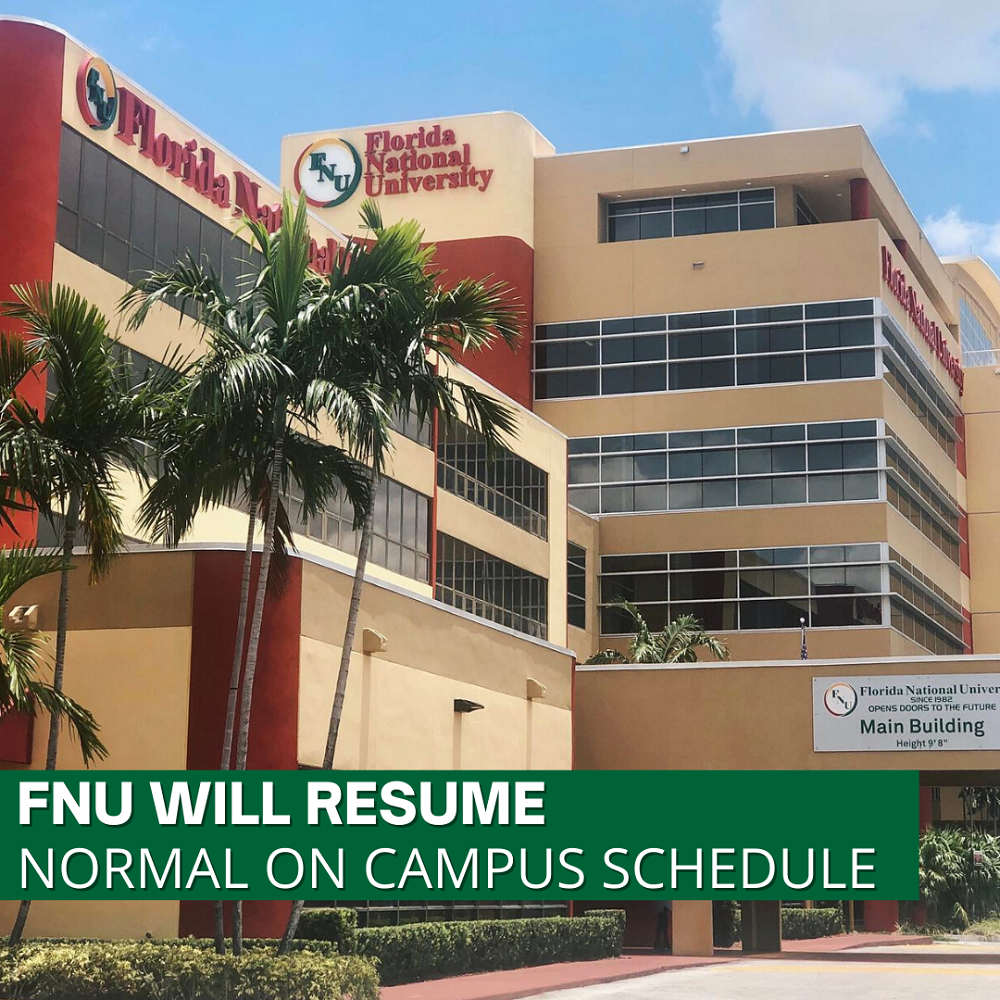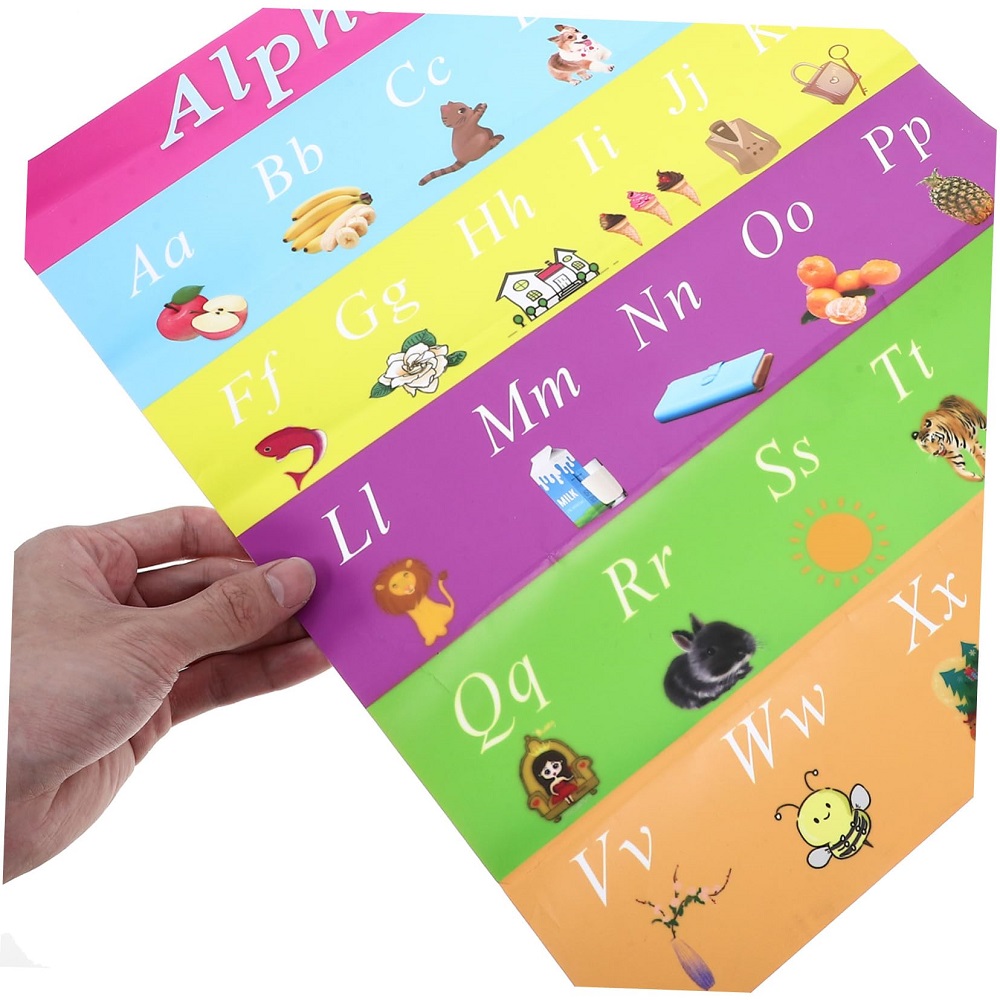Florida National University’s (FNU) Blackboard Learning Management System is a comprehensive platform that plays a vital role in facilitating the educational process. By introducing advanced techniques, users can harness the full capability of this system to enhance learning and teaching experiences. This guide will delve into strategies for making the most of Blackboard’s extensive features, ensuring that both students and educators utilize the platform to its fullest potential.
Personalizing Your Blackboard Experience
Customizing Your Dashboard
Create a user-friendly Blackboard dashboard by rearranging modules and using color codes for courses. The ability to hide or display particular courses on demand simplifies navigation and decreases clutter. Further, the customization of notification settings ensures that you receive alerts for only the most pertinent course updates and assignments.
Organizing Courses and Content
Effective organization of course materials is crucial for seamless course execution. Utilize the content folders to separate course materials by week, topic, or content type. Label these clearly and provide descriptive overviews to aid students in understanding the structure and flow of the course. Remember, the goal is to make the course intuitive so that students can focus more on learning and less on figuring out where things are.

Leveraging Communication Tools
Utilizing Blackboard Collaborate for Virtual Classrooms
Blackboard Collaborate is a versatile tool that brings the classroom experience online. Instructors can share their desktop, use a whiteboard, and control the participant’s audio and video feeds. Encourage student participation by allowing them to present their screens in breakout rooms. Additionally, recording sessions make it easy for students to review material at their convenience.
Enhancing Student Interaction with Discussion Boards
Discussion boards should be hubs of vibrant academic debate and inquiry. Create sticky threads for FAQs and class announcements to keep students engaged and informed. Establish clear guidelines for participation and show presence by contributing to threads, asking probing questions, and acknowledging insightful posts. Providing a platform for peer-to-peer learning through these discussions can lead to deeper understanding and retention of course material.
Understanding and Analyzing Blackboard Analytics
Monitoring Student Performance
Utilize the Blackboard Performance Dashboard to gain insights into student engagement, such as how often they log in and participate in course activities. The ability to monitor these interactions can help to identify students who may be at risk of falling behind. Engage with these students through targeted messages, offering additional resources or one-on-one support.
Utilizing Reporting Tools for Continuous Improvement
Refine course materials through FNU Blackboard’s built-in survey tools and Course Reports to collect feedback and track user activity. This feedback can then inform any necessary course adjustments to enhance content delivery. By weighing course analytics with student outcomes, educators can develop a more targeted approach which may positively impact future course iterations.

Integrating Multimedia and Interactive Content
Creating Engaging Learning Modules
Use Blackboard’s content editor to curate a rich multimedia experience. Incorporating audio feedback, video messages, and relevant podcasts can cater to different learning styles and preferences. Challenge students with scenario-based learning through simulations and web-based resources, providing real-world context to academic concepts.
Designing Interactive Assessments
Break away from the traditional quiz formats by crafting scenario-based questions, drag-and-drop activities, and dynamic problem-solving exercises. Such interactive assessments not only enhance student engagement but can also cater to a broader range of learning objectives, testing application and critical thinking skills alongside factual knowledge.
Streamlining Assessment with Advanced Grading Features
Making Use of Rubrics and Automated Feedback
Implement rubrics for consistent, transparent criteria in subjective assignments such as essays and presentations. With automated feedback features, standard responses to common mistakes or achievements can be set, providing students with immediate, personalized feedback without overwhelming the instructor’s workload.
Efficiently Managing the Grade Center
The Grade Center can be a powerful tracking tool when mastered. Quickly identify underperforming students or assignments with atypical grade distributions using smart views and advanced filtering. Batch updates and the ability to drop grades alleviate the administrative burden of grading. Also, the direct integration with third-party tools and gradebooks simplifies the transfer of grades and reduces errors in grade reporting.

Enhancing Collaborative Learning
Facilitating Group Work with Enhanced Tools
Group work can significantly benefit from Blackboard’s collaborative tools, such as group assignments and wikis. Instructors can create tailored spaces for each group, where members can share files, participate in discussions, and collectively edit documents. This collaborative environment closely mimics real-world group interactions and projects, emphasizing teamwork and collective problem-solving skills.
Integrating External Collaboration Apps
Look beyond the internal features of Blackboard by integrating external apps like Google Docs or Microsoft Teams through Blackboard’s Learning Tools Interoperability (LTI) capabilities. These platforms support collaborative work in real-time, offering students a broader range of tools for communication and collaboration that can be accessed directly from within their Blackboard course.
Utilizing Advanced Content Delivery Strategies
Leveraging Adaptive Release for Personalized Learning Paths
The Adaptive Release function allows content delivery to be tailored to individual student performance, creating a customized learning path. Instead of a one-size-fits-all approach, students can be guided through the course material based on mastery of previous topics, quiz scores, and more, fostering a more personalized and engaging learning journey.
Incorporating Learning Modules for Structured Interaction
Organizing content into learning modules offers a structured way for students to navigate course materials. Within each module, instructors can sequence content such that students must view or interact with certain materials before proceeding, ensuring a logical flow and that foundational concepts are understood before advancing to more complex topics.
Promoting Active Learning
Encouraging Engagement with Gamification Strategies
Gamification introduces game design elements into the learning environment, making education more engaging and motivating. Blackboard’s features can be utilized to create badges and awards for student achievements, encouraging competition and participation. Harnessing progress tracking and reward systems within FNU Blackboard encourages students to take a more active role in their own learning process.
Crafting Interactive Multimedia Lectures
With multimedia tools, lectures can transcend traditional boundaries. Incorporate annotated slideshows, embedded videos, and narration to create interactive lectures. Such content caters to varying learning preferences and can make complex subject matter more digestible. Furthermore, interactive lectures can be replayed, allowing students to learn at their own pace.
Optimizing Course Management and Workflow
Streamlining Processes with Bulk Actions
Efficiency in course management is vital for instructors with multiple classes or large student groups. Blackboard’s ability to perform bulk actions saves time when creating content items, sending announcements, or posting grades. An instructor can simultaneously release grades to all students or post an update to multiple sections, ensuring consistent communication and workflow management.
Leveraging User Data for Course Modifications
FNU Blackboard collects a wealth of user data that can provide insights into how students engage with course material. By analyzing login frequency, time spent on specific content, and participation in collaborative areas, instructors can identify which elements of their course are most effective and which may require revision or replacement.
Fully utilizing the advanced features of FNU Blackboard system takes commitment to learning and experimenting with its vast capabilities. Instructors can leverage these tools to deliver a robust, interactive learning experience that engages and challenges students, while students can benefit from a personalized and streamlined educational journey. Both parties will find that diving deeper into the advanced functionalities of FNU Blackboard not only enriches the educational experience but can lead to greater academic success and satisfaction with the digital learning environment at Florida National University.
